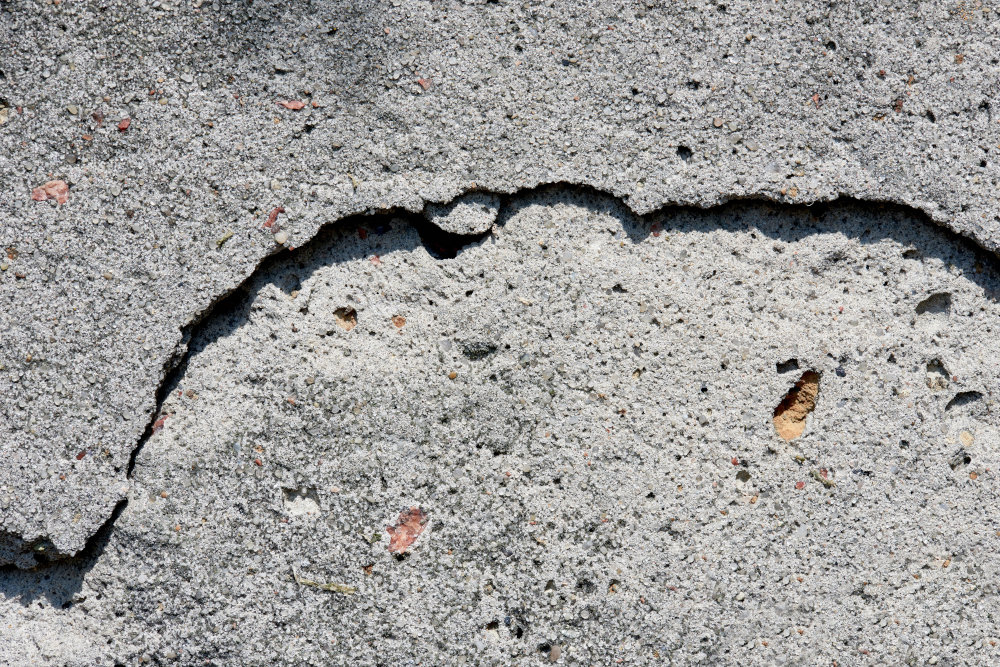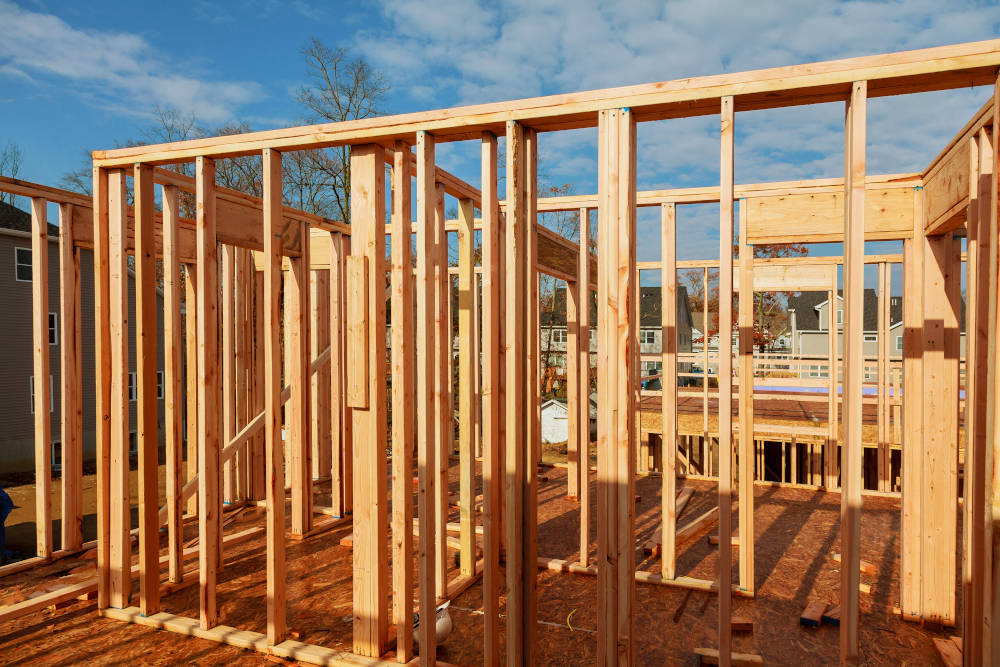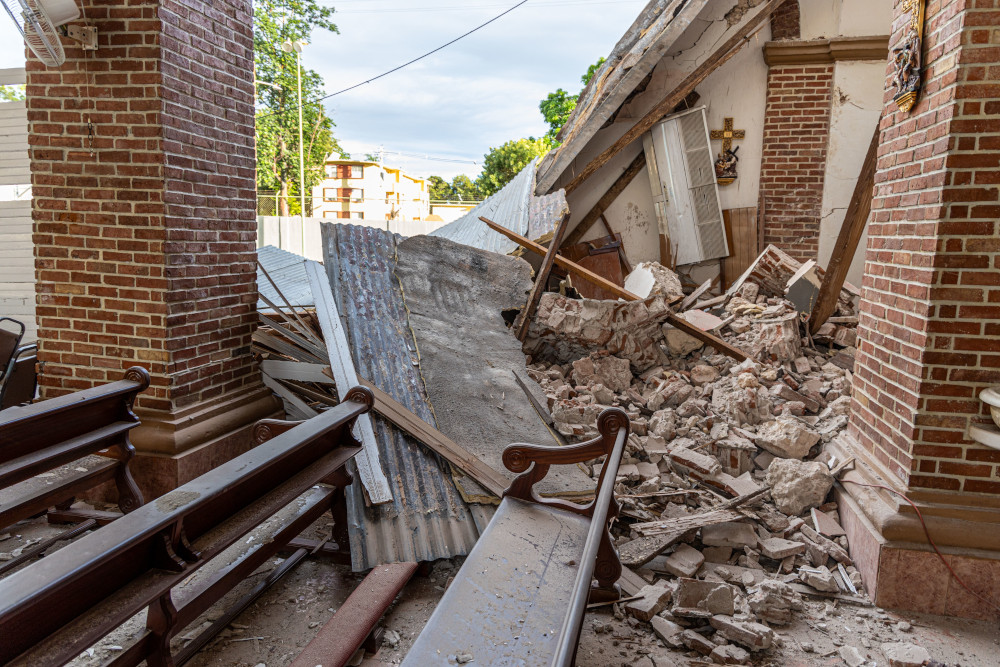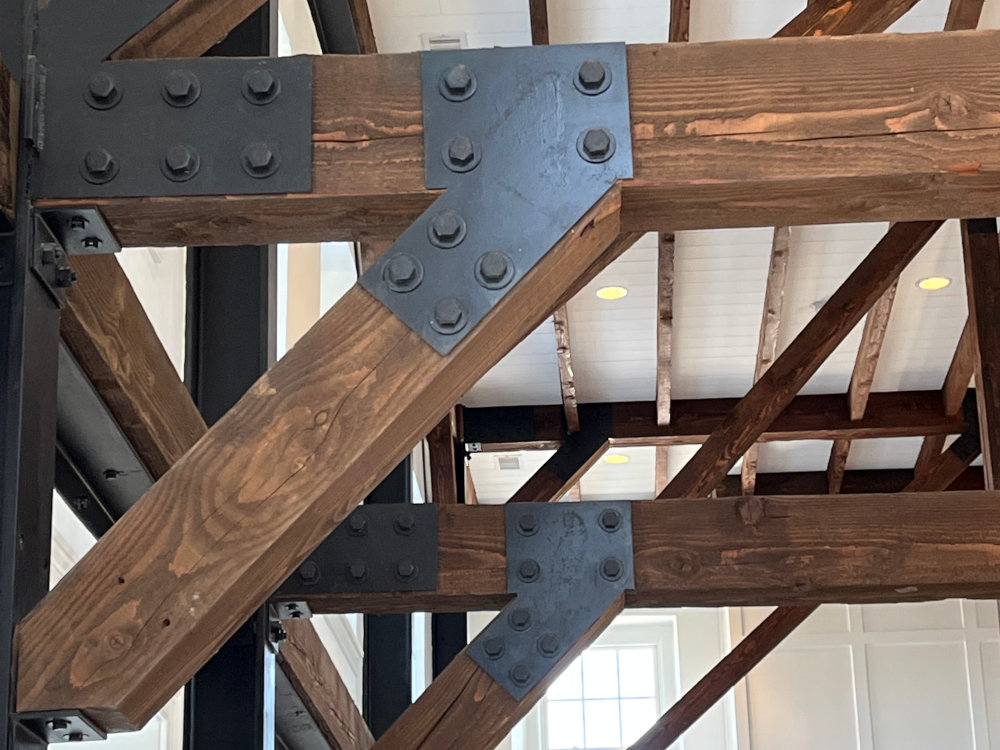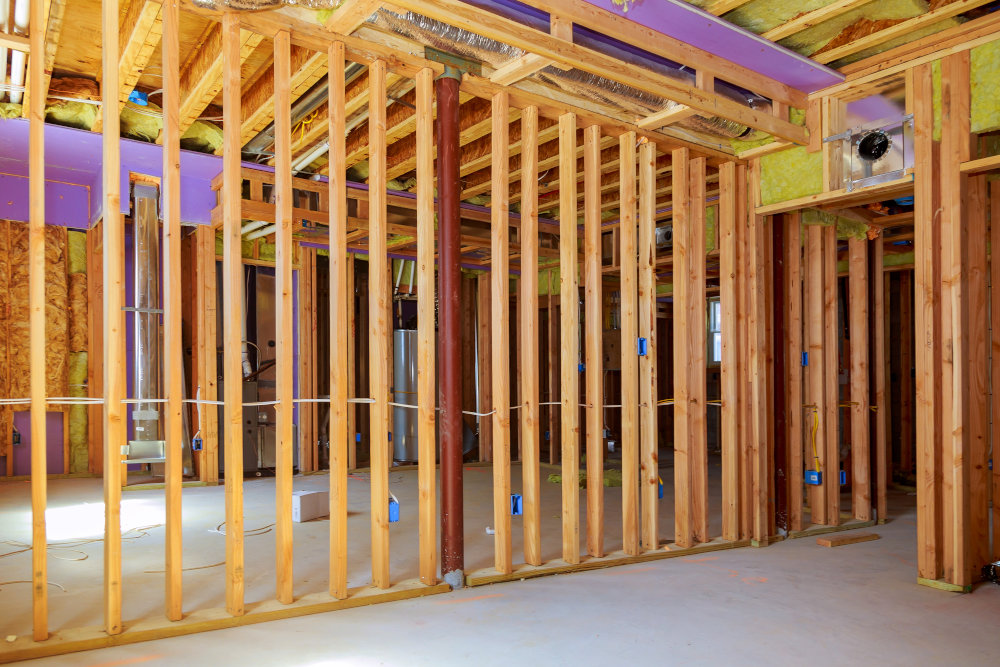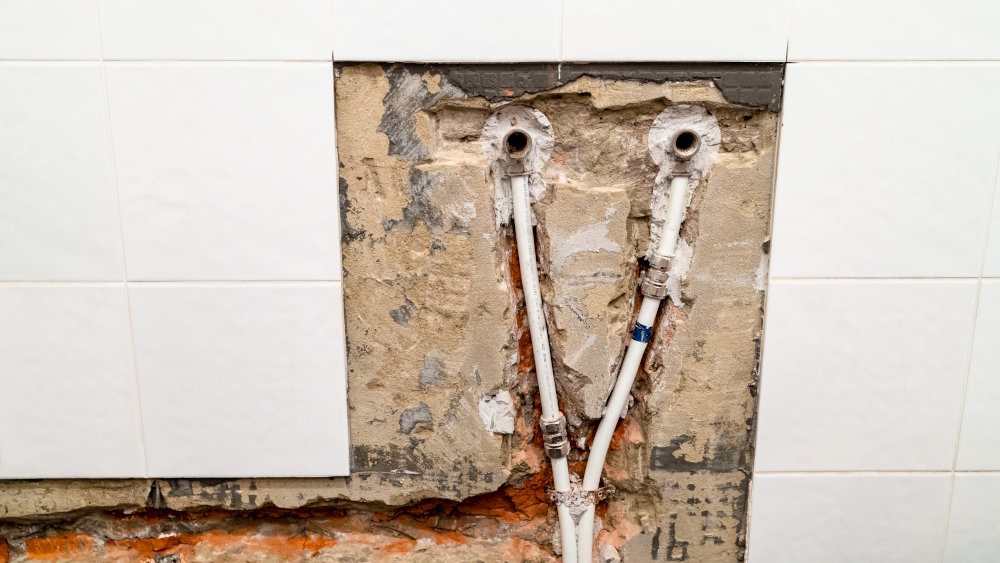Foundation cracks are a common issue in both residential and commercial buildings. While some cracks are minor and cosmetic, others may indicate significant structural problems that need immediate attention. Understanding what causes foundation cracks can help homeowners and property managers address these issues effectively and prevent further damage.
Common Causes of Foundation Cracks
1. Soil Movement
The soil beneath your home plays a crucial role in supporting its foundation. When soil expands or contracts due to changes in moisture levels, it can create significant pressure on the foundation. Expansive soils, such as clay, swell when wet and shrink when dry, leading to cracks.
2. Poor Drainage
Water is one of the most significant threats to a foundation. Poor drainage around a property can result in water pooling near the foundation, causing the soil to shift and weaken. Over time, this can lead to uneven settling and cracking. (This is also referred to as differential settlement.)
Sometimes, water can also get into the voids of the concrete and expand when it freezes. This also causes cracking. Water freezing in the soil also causes the earth to expand and adds additional stresses on the foundation.
3. Settling and Uneven Weight Distribution
All foundations experience some degree of settling as they adapt to the weight of the structure. However, uneven settling can occur if the soil beneath the foundation is not compacted evenly or if there are voids. This results in stress on specific areas of the foundation, leading to cracks.
4. Temperature Fluctuations
Extreme temperature changes can cause the foundation materials to expand and contract. Over time, this repetitive movement can weaken the foundation, resulting in cracks. This is especially common in regions with significant seasonal variations.
5. Tree Roots
Trees and large shrubs planted too close to a home can pose a risk to the foundation. Roots can grow beneath the structure, absorbing moisture from the soil and causing it to dry out and shift. Additionally, roots can exert pressure on the foundation itself, leading to cracks.
6. Poor Construction Practices
If a foundation is not properly designed or constructed, it is more prone to cracking. This can include using substandard materials, using inadequate reinforcing bars in the concrete, failing to compact the soil adequately, or not accounting for local soil and weather conditions.
Types of Foundation Cracks
- Vertical Cracks
Often caused by shrinking concrete, these cracks are typically less concerning but should still be monitored. - Horizontal Cracks
These cracks are more serious and often indicate significant pressure against the foundation, such as from soil movement or hydrostatic pressure. - Diagonal Cracks
Usually caused by uneven settling, these cracks may widen over time if not addressed.
How to Address Foundation Cracks
- Identify the Cause
A professional inspection can determine the root cause of the cracks and guide appropriate repairs. - Improve Drainage
Ensure proper grading around the property to direct water away from the foundation. Installing gutters and downspouts can also help. - Foundation Repairs
Depending on the severity, repairs can range from sealing cracks with epoxy to underpinning the foundation for added stability.
Preventing Future Cracks
- Monitor Moisture Levels: Maintain consistent soil moisture around the foundation to prevent excessive expansion or contraction.
- Proper Landscaping: Plant trees and shrubs at a safe distance from the foundation.
- Regular Inspections: Periodic checks can catch early signs of damage and prevent larger issues.
Foundation cracks can arise from various causes, including soil movement, poor drainage, and natural settling. Understanding these causes and addressing them promptly can protect your home’s structural integrity. If you notice foundation cracks, consult a professional to evaluate the damage and recommend appropriate repairs.

